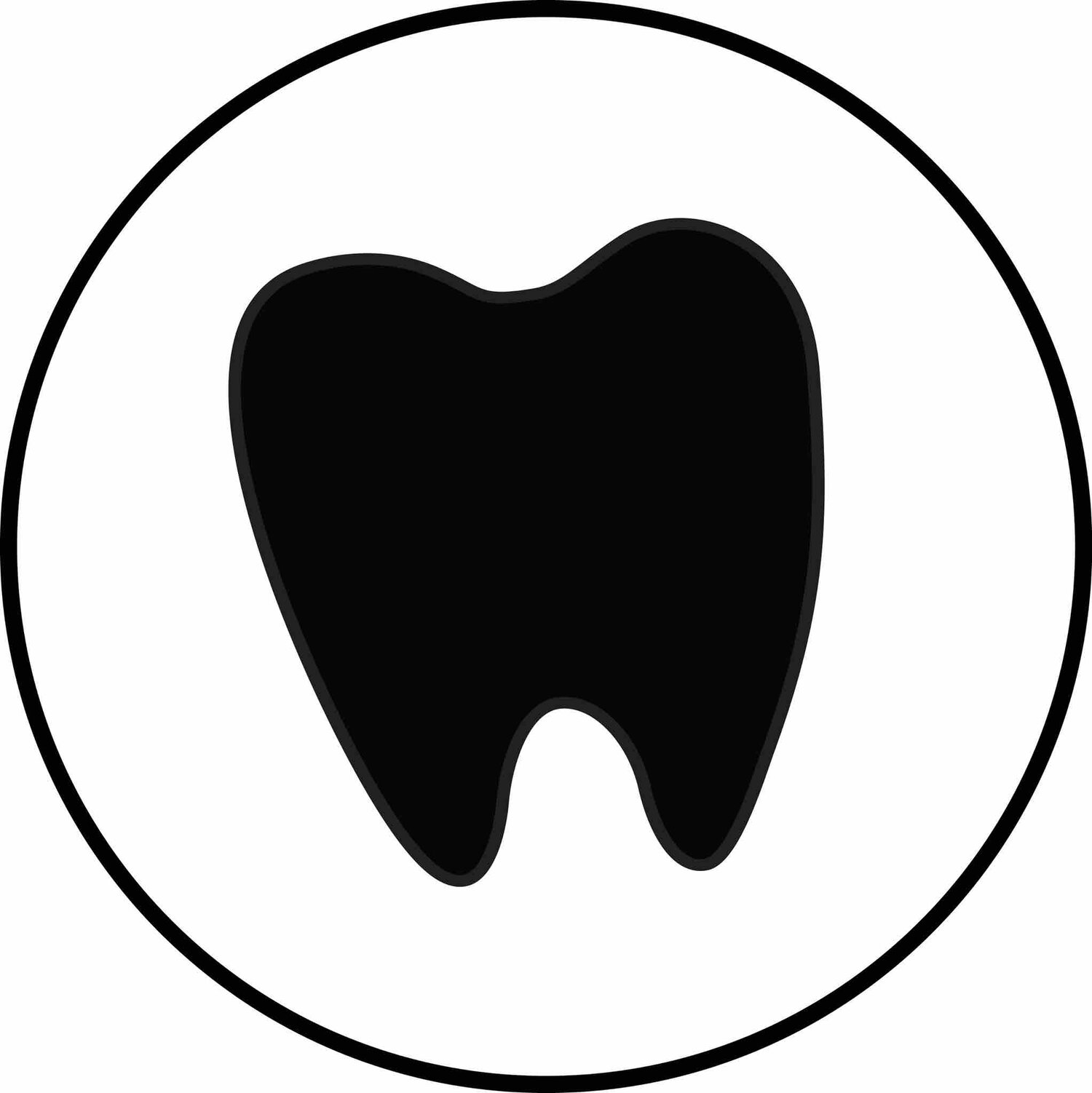What To Do About the Dental Hygiene Legislative Changes
Mad about the proposed changes in Nevada to RDHs? You should be. I know I am. It definitely feels like a bit of a slap for our education, qualifications, and love of health and prevention. We know so much and are currently underutilized, and yet we are at the brink of having our careers and profession completely washed.
Here are some things to do to support both Nevada but dental hygienists in your own state.
Engage in Legislative Advocacy:
Contact Legislators: Reach out to your state representatives to express concerns about AB334 and its potential impact on dental hygiene standards.
Participate in Advocacy Events: Join events like your local oral health day at the Capitol to meet with lawmakers and advocate for the profession.
Collaborate with Professional Associations:
Join ADHA: We need collective voices as part of the ADHA. No matter how you feel about politics and the ADHA, joining is literally saving our profession.
Educate the Public and Peers:
Inform Patients: Discuss the importance of receiving care from licensed dental hygienists and the training involved in ensuring quality care.
Peer Discussions: Engage with colleagues to share information about legislative changes and encourage collective action.
Utilize Social Media and Online Platforms:
Raise Awareness: Use social media to highlight the role of dental hygienists and the potential risks of expanding duties to less-trained personnel.
Organize Online Campaigns: Coordinate with peers to create unified messages and campaigns that can reach a broader audience especially in our local communities outside of dentistry. Gone are the days where we can think we in dentistry are going to protect our own. Dentists will not protect our profession.
Support Continuing Education and Autonomy Advocacy:
Promote Advanced Training: Advocate for the importance of formal education and continuous professional development in dental hygiene.
Participate in Autonomy: This is the only next step for dental hygienists. Only being able to work in 1 setting, and that seting activity working to get rid of us isn’t sustaining dental hygienists careers and goals. Working to promote autonomy (which doesn’t only mean having an indepentant practice) is key for us.
By taking these steps, dental hygienists can actively contribute to preserving the integrity of their profession and ensuring that patient care remains safe and of high quality.
What are you doing TODAY to help?
xoxo Melia Lewis, MEd, RDH

